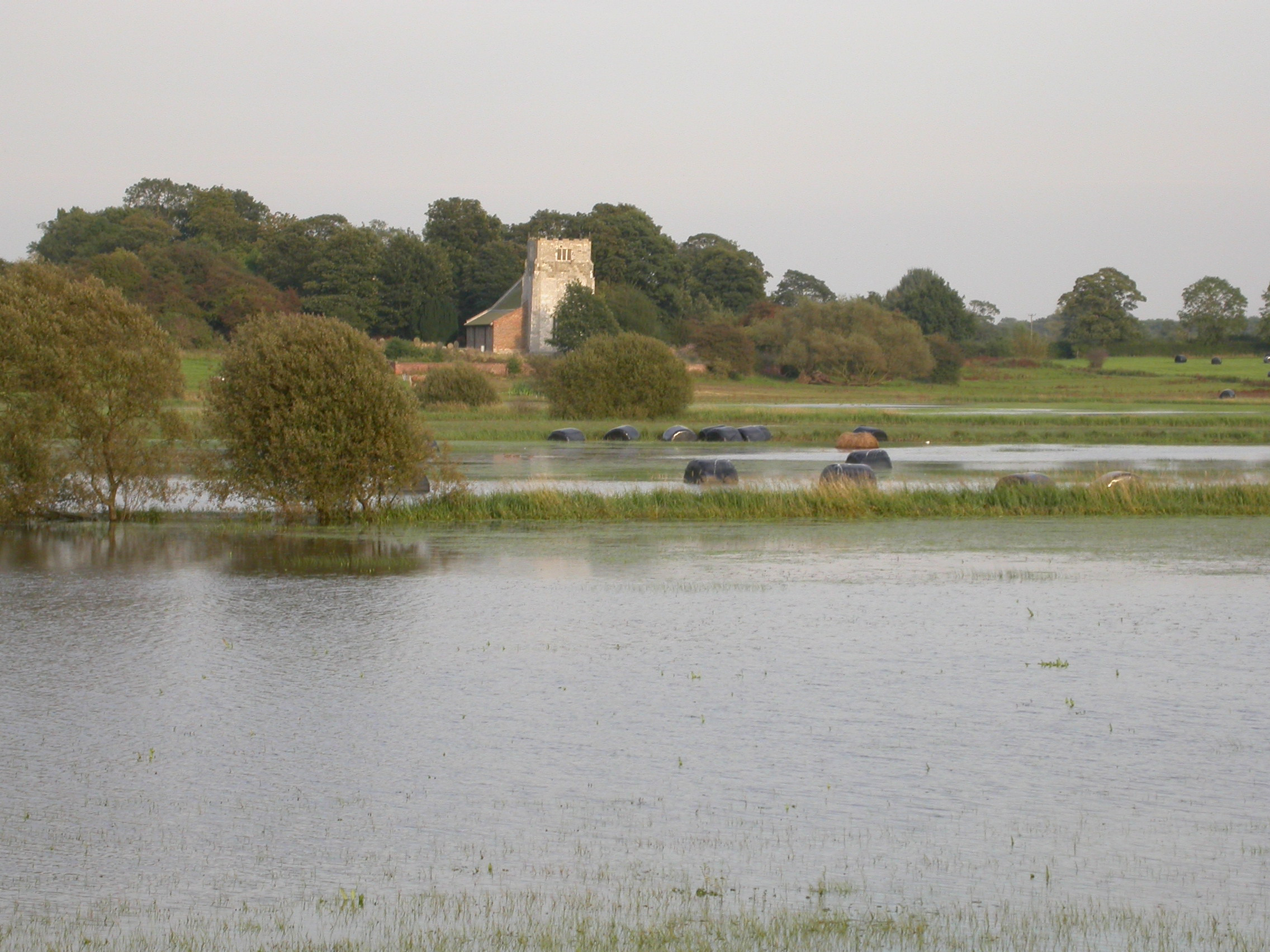Innovative approaches to flood and coastal resilience taken by the Environment Agency, local authorities and local partners are helping to unlock significant wider social, economic and environmental benefits for people, places, and wildlife.
The Environment Agency has published its mid-programme report for its £200 million Flood and Coastal Innovation Programmes. The report details what has been achieved so far and the lessons learnt.
At this midway point, the achievements of these programmes include:
- 97 new natural flood management schemes delivered, using natural processes to slow the flow of floodwaters through techniques such as leaky dams, wetland ponds and enhanced marine habitats;
- Almost 600 new monitoring sensors around the country to measure river levels and provide accurate and timely warnings ahead of flooding;
- 25 PhD positions funded to train the next generation of flood experts and develop new approaches to the challenges of climate change and extreme weather.
Photo credit: Natural England / Peter Roworth
It is clear the impacts of climate change are already being seen here in the UK and around the world. Rising sea levels and more extreme weather are likely to lead to more frequent and severe flooding and storm surges. This is why the Environment Agency is acting now by encouraging innovation in flood and coastal resilience.
The Environment Agency has also published its annual report on flood and coastal erosion risk management work in England. It summarises work carried out by risk management authorities (RMA) in England for the period 1st April 2023 to 31st March 2024 and covers an extensive range of issues and activities, including surface water management, digital technology, water companies’ contribution to reducing risk, flood risk warnings, property flood resilience, planning applications, catchment sensitive farming, natural flood management and adaption and resilience.
